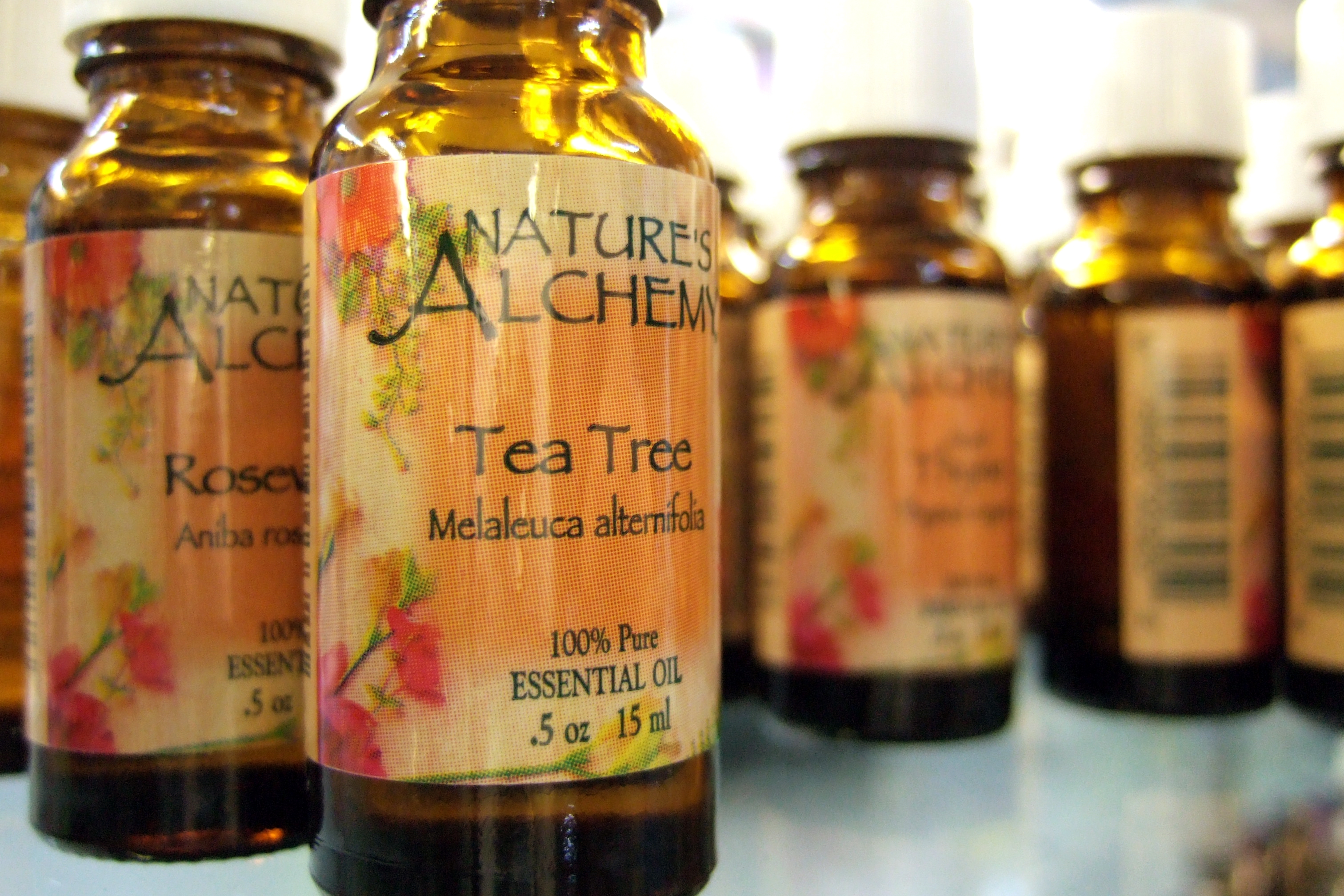Scent and Scentability

Isn’t it truly amazing how our sense of smell can evoke different moods, memories and can even stimulate a craving for a favourite food or drink?
the psychological effects of fragrance have long been recognised, while herbs have probably been used for their specific effects by so called primitive people since the dawn of time. It is certain that in the past natural aromatic substances were often used successfully for their hallucinogenic, sedative, stimulating or anaesthetising effects on the mind.
psycho aromatherapy focuses primarily on the psychological potential of essential oils and consists of two separate but interrelated fields- aromatic medicine and perfumery. In psycho aromatherapy, the physiological effect of specific essential oils on the systems of the body is combined with the individuals emotional or psychological reaction to their fragrance.
some fragrances are pleasing whilst others are repugnant….think of your own favourite scent. How does it make you feel? Alternatively, what scents are highly unfavourable to you and again, how do they make you feel?
the close connection between the sense of smell and the experience of emotion has often been noted. It is suggested that , psychologically, molecules of odour somehow stimulate the same brain centres that signal the drive towards or away, which underlies almost all human emotion.
as mentioned earlier, our sense of smell influences moods, emotions and memories. In view of the idiosyncratic quality of smell, it is virtually impossible to accurately assess in advance an individual’s reaction to a particular odour, or to prescribe a fragrance for therapeutic purpose without taking into consideration the biological cultural and individual responses. So our response to scent is individualistic.
Fragrance has been found to be ideal for use in relaxation work because it directly targets the inner mind and bypasses any critical interference by the conscious mind.
the word osmotherapy has been suggested specifically to describe the utilisation of scents, both natural and artificial for therapeutic purposes.
thus the practice of psycho aromatherapy while concentrating on the power of smell, actually embraces a variety of methods and techniques. In this respect it is a truly psychosomatic type of treatment for it operates on the body, mind and emotions.
when discussing how scents can help with stress, a study carried out by JR. King found that some fragrances have been very effective in promoting relaxation through association, despite individual variations. He has utilised a seaside fragrance in his relaxation work because of its widespread positive associations, although he points out that if it is then used to counteract negative moods in stressful situations, such a fragrance should be used sparingly.
Finally, aromatherapists will frequently observe that their clients are instinctively drawn to the essential oil that is right for their needs, and that as the clients emotional state alters, so often, does an aroma preference.
AM Sept 15







